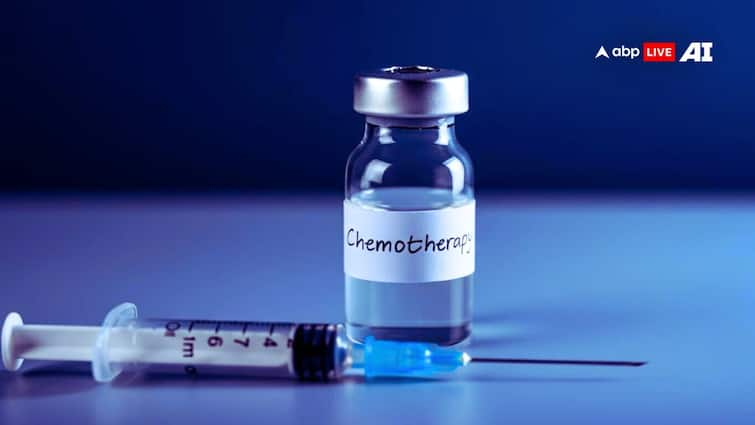Chemotherapy drug: Chemotherapy is a medicine used in the treatment of cancer. This medicine stops cancer cells from growing and kills them. Chemotherapy drugs are considered dangerous to those who handle or come into contact with them. This is why there are safety rules and precautions to take for people handling chemotherapy drugs.
This is why the medical team treating cancer and caring for patients uses special clothing and safety tools. Pharmacists who prepare chemotherapy drugs use a special type of pharmacy, which must follow certain rules.
Why is poison written on chemotherapy drugs?
Chemotherapy drugs are not poison. This medicine is used in the treatment of cancer. But “poison” is written on the bottles of these drugs, because these drugs are very powerful, their misuse can be dangerous. Therefore, it is written as a warning to use it with caution.
Oral chemo precautions
Oral chemo, or chemo that you take by mouth or swallow, is usually done at home. These are also considered dangerous. Special precautions are taken for their storage and maintenance. You may be asked to be careful. Others are advised not to come into contact with this product or bodily fluids while taking it. Sometimes you need to wear gloves to handle tablets or capsules.
Also read: These four signs show that you are most at risk of diabetes, pay attention in time otherwise…
Some medications should be kept in the same bottle or container in which they are delivered and some medications and accompanying packaging should be disposed of according to guidelines. Some must be returned to the pharmacy for safe disposal. In such a situation, discuss special precautions regarding oral chemo with the cancer care team. For more information, see Oral or topical chemotherapy.
Save family and friends
Family and friends should also be protected during and after chemotherapy. Family and friends often stay with you during treatment. In such a situation, they have to be careful because only the patient has to come in contact with the chemotherapy. Because if it comes in contact with the skin it can cause problems. Spilled IV chemotherapy, any powder from a pill or capsule, or any liquid from oral chemotherapy or other types of chemotherapy can be dangerous to people nearby.
Also read: The brain will become active by exercising only two days a week, diseases will also be far away.
What to do during and 48 to 72 hours after chemotherapy
It takes about 48 to 72 hours for the body to get rid of chemotherapy drugs. Most drugs are excreted in waste products such as urine, stools, tears, sweat and vomit. When chemotherapy drugs or their waste products are outside the body, they can damage the skin or cause irritation. Other people and pets may be affected if they come into contact with waste from your body.
How to protect those around you from chemotherapy drugs
1. Do not let children go to the toilet you are using.
2. Flush the toilet twice after using the toilet. Place the lid on before rinsing to avoid splashing. If possible, use a separate toilet yourself.
3. Wear gloves to clean the toilet seat after each use.
4. Always wash your hands with warm water and soap after using the toilet. Dry carefully.
5. If you vomit in the toilet, clean it thoroughly. Wash items stored there thoroughly with warm water and soap.
6. If it is necessary to touch bodily fluid or if caregivers must do so, two pairs of gloves should always be worn.
7. If the caregiver comes into contact with any of your bodily fluids, they should wash thoroughly with warm water and soap.
8. Any clothing or linens containing bodily fluids should be washed in your washing machine and not by hand.
Check out the health tools below –
Calculate your body mass index (BMI)
